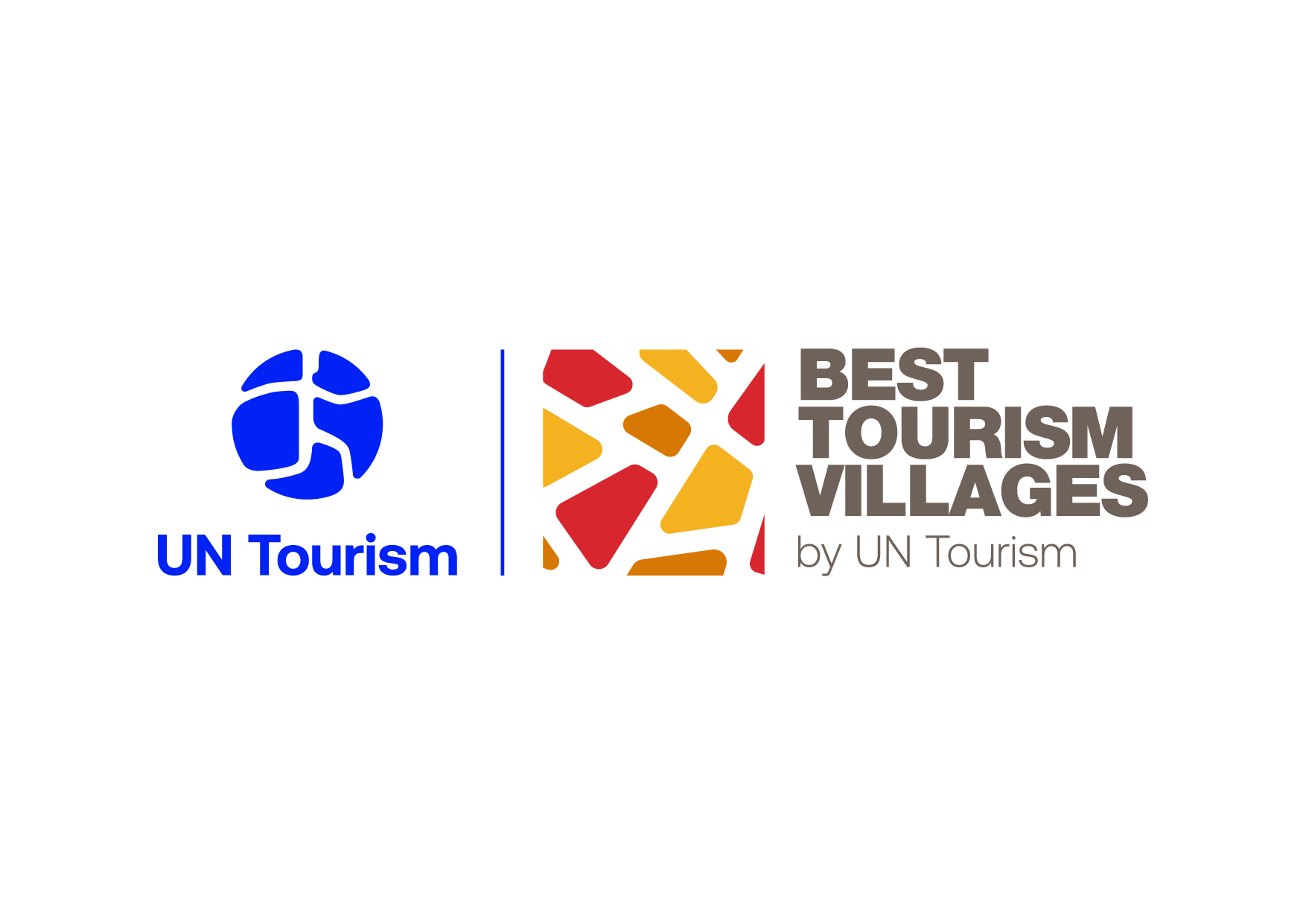Ruboni village features a hilly landscape with stunning views and lush greenery, abundant rivers, and a diverse array of plant and tree species. The indigenous Bakonzo people primarily rely on agriculture for their livelihoods. Situated at the foothills of the Rwenzori Mountains, the village borders the Rwenzori Mountains National Park. To supplement agricultural income, Ruboni village engages in tourism both within and outside the park. Inside the park, the community is involved in three tourist trails, while outside, they offer ten tourism activities, including the Buraru Forest Trail, Makongothe Hill Trail, Ruboni Village Walk, Mappata Waterfalls Trail, cultural dance performances, basket weaving experiences, farming activities, coffee-making sessions, and traditional cooking tours. The village boasts several tourism assets, including nine hotels and accommodation facilities, one campground, three homestays, and the infrastructure of the Rwenzori Mountains National Park, which can be accessed through the Mihunga Park Gate.
HIGHLIGHTS
-

Forest conservation
Ruboni village has established its forest reserves, which promote cultural connections to nature for tourists who prefer not to trek up the high mountains. These community forests offer ecosystem benefits and serve as a natural resource bank for residents while also acting as a buffer to the national park. This initiative reduces the tendency of community members to tresspass on national park resources while searching for medicinal plants, crafting materials, or educational experiences related to nature, which in turn decreases the chances of human-wildlife conflicts.
-

Digitalization
Ruboni village is digitizing its tourism sector to improve marketing, service quality, and timely service delivery. Collaborating with stakeholders, we have enhanced the digital capabilities of the village, making it the first initiative of its kind in the Rwenzori region. We are developing a digital infrastructure to promote tourism inclusiveness, marketing, and sales. Recently, we completed a map of the tourism village, launched a collective credit card payment system, and are currently working on a mobile application and website for the village. All tourism stakeholders are now equally represented within this digital framework, allowing them to accept credit card payments, and appear on both a printed and interactive map and soon on the mobile app. This platform will be managed by a collective office equipped with a desktop computer and a Wi-Fi router to effectively represent the village in the market.
-

Tourism for equality
The Ruboni community has established a visitor center aimed at providing skills, serving as an enterprise hub, and offering business incubation for women and youth engaged in tourism-related innovations. This initiative is designed to ensure equal benefits for all, particularly for these specific groups, to mitigate the labor drain, foster innovation, and reduce over-reliance on land for sustenance. The center was created to direct the flow of tourists to the village, encouraging them to spend money within the community. Several businesses have been set up here, including a local food restaurant, a bar, a camping ground, a traditional dance center, a gift shop, a food basket, and a tree nursery. All enterprises within this center are dedicated to youth, women, and young girls, who manage them as either employees or owners.

